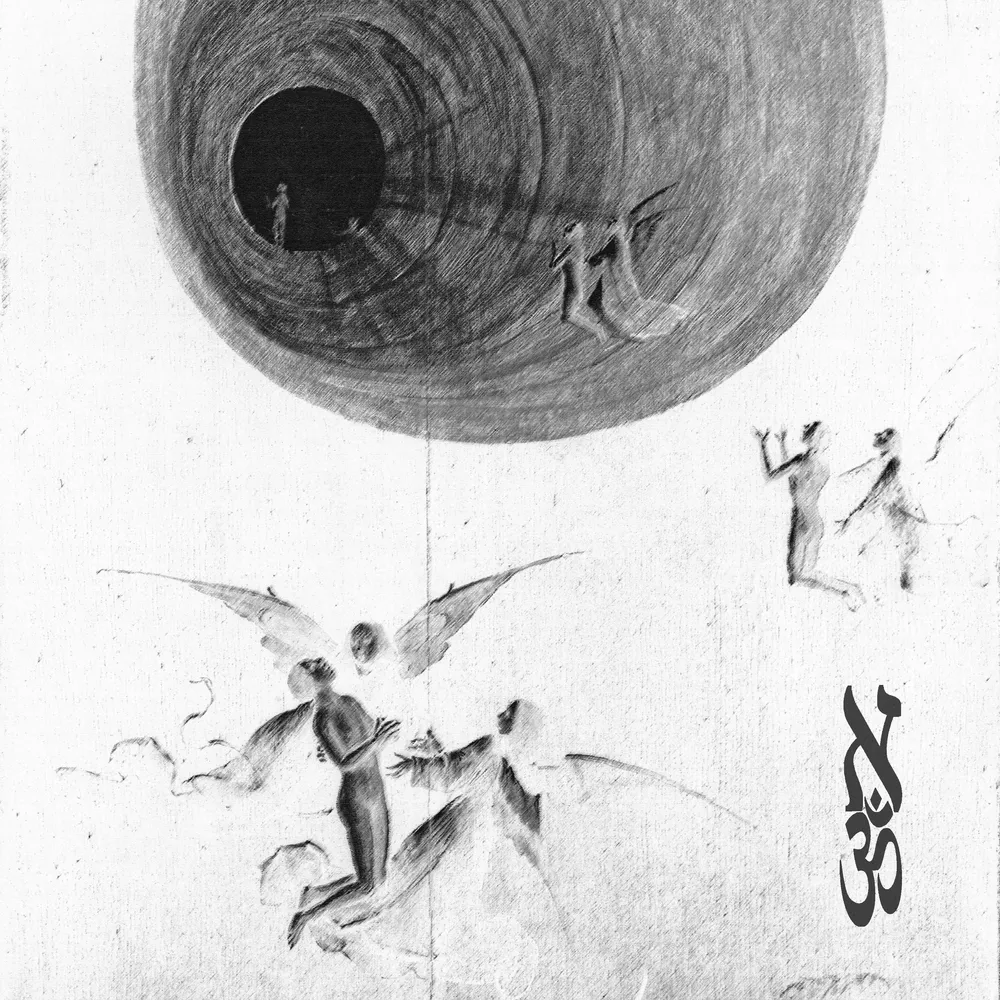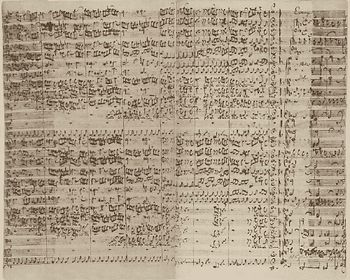
Usually, I write about classical, contemporary, and jazz music—but this time, I’m stepping outside my usual territory to explore a piece that blends pop, Latin, and hip-hop. Close Tu Di Vine by David Munoz is a genre-blurring work that caught my attention primarily because of its instrumentation.
The track opens with a beat, soon joined by a classical nylon-string guitar playing in a style reminiscent of pop-flamenco. It doesn’t merely fill the harmonic space—it adds melodic counterpoints to the vocals, creating a dynamic dialogue. That this entire piece, from writing to production, has been done by David himself makes it even more impressive. His musicianship and sonic vision are evident in every layer.
The spiritual and religious themes form the backbone of Close Tu Di Vine. From what I’ve seen, this isn’t just a one-off concept—it’s central to David’s entire body of work. While his musical style varies from track to track, there is a unifying core of faith and introspection. Take “Angel and Devil,” for example—a personal favorite of mine—where he leans into a pop-rock sound, yet the themes remain consistent. “Here I Am” features a strong pop vibe with a standout electric guitar line, while “Lilac” leans more toward EDM with its rhythmic intensity. “I Never Ever Thought” takes on the form of a heartfelt ballad, and “Love is Like a Crystal,” his debut single, is rooted firmly in pop.
Interestingly, the title Close Tu Di Vine appears to be a stylized, phonetic spelling of “Close to the Divine.” This creative choice aligns with the song’s spiritual foundation while also giving it a distinct identity—almost like a coded message or a piece of slang from another world. It’s poetic and urban at the same time, blurring the sacred and the everyday, much like David’s music itself.
What’s also remarkable is how far David has come in his production quality. There’s a clear evolution across his catalog—the mixes are tighter, the instrumentation more nuanced—but the emotional and spiritual essence remains untouched. This consistency of voice, despite stylistic shifts, is rare and speaks to a deeply rooted artistic identity.
Close Tu Di Vine is a glimpse into an artist who’s unafraid to explore, evolve, and express something deeply personal. It may be outside my usual listening habits, but it has certainly expanded my perspective—and that’s exactly what good music should do.
#DavidMunoz #CloseTuDiVine #NewMusicReview #LatinPop #HipHopFusion #PopFlamenco #IndieArtist #SpiritualMusic #GenreBlending #MusicWithMeaning #MusicDiscovery #IndependentMusic #MusicProducer #SongwriterSpotlight #MusicReview #EmotionalMusic #LatinHipHop #PopGuitar #MusicBlog #UndergroundMusicScene
This review was written as part of a promotional service provided by Tunitemusic, based on information submitted by the artist.







